Rotator Cuff injuries are very common and depending on the severity can be very painful and debilitating. There are many different options for treatment, and the best one depends on the individual and the injury.
At COAST, we take a holistic approach to rehabilitation where a patient can benefit from different rehab professionals throughout their injury treatment and recovery.
What Is A Rotator Cuff
To get a better understanding of Rotator Cuff injuries, let’s learn about the anatomy and function of the rotator cuff.
The Rotator Cuff is made up of a group of four muscles and their corresponding tendons located in the front and back of the shoulder. They are responsible for the stability and much of the movement of the shoulder joint, such as lifting and rotating your arm. These muscles are the supraspinatus, infraspinatus, teres minor, and subscapularis. They primarily connect to the scapula (shoulder blade) and humerus (upper arm bone).
Although rotator cuff injuries are prevalent among athletes like swimmers, baseball players and tennis players, it is actually quite a common injury in general.
Why? There are several reasons:
Complex structure of the rotator cuff can make it vulnerable to injury
Repetitive overuse from sports or occupations without proper attention to strengthening and mobility
Aging process can result in a degeneration of the muscles and tendons, increasing the risk of tears and inflammation
Rotator Cuff Injury Symptoms
Although rotator cuff injuries can range greatly in severity. This is generally a reflection of the severity of the tear or strain, there are a few tell-tale symptoms.
Shoulder pain with movement. This can be worse at night
Weakness when raising, lifting, or rotating your arm
Limited shoulder range of motion
Recovery from a mild rotator cuff injury can be as little as a few weeks if it is a small tear and/or inflammation, while a more severe injury may require a longer recovery timeline surgery such as a few months, especially if the injury requires surgery.
Rotator Cuff Rehabilitation with Registered Massage Therapist
Treatment from a Registered Massage Therapist can be a very effective complementary treatment for rehabilitating a rotator cuff injury. Here are a few ways massages from an RMT can help:
Range of Motion: Massage can improve the range of motion in the shoulder by loosening the tight muscles and removing scar tissue.
Pain Relief: Massages can help relieve pain by reducing muscle tension and inflammation.
Healing: Massage techniques increase the blood flow to the injured muscles and tendons which promotes healing.
When it comes to rehabilitating a rotator cuff injury, massage therapy can be especially helpful when it is used in addition to other treatments from an Athletic Therapist or Physiotherapist and vice versa.
Rotator Cuff Rehabilitation with an Athletic Therapist
Rotator cuff injuries are nothing new to Athletic Therapists, who often work closely with high-level athletes and the everyday person. They have the skillset and knowledge to rehabilitate the injury, whether it is a mild tear or something more severe, such as post-op.
In the early stages of the rehabilitation process, they are able to help with pain management by helping to minimize inflammation. Then, gradually help to regain mobility within the shoulder through manual therapy and gentle stretching. Finally, the athletic therapist will work with your needs and goals of the client to rebuild strength and stability.
Recover Stronger with Expert Rotator Cuff Rehabilitation
Rotator cuff injuries require a careful and structured approach to ensure a full recovery. At COAST, our Athletic Therapists are equipped with the expertise to guide you through every phase of the healing process—from managing pain and restoring mobility to rebuilding strength and stability. With a personalized rehabilitation plan, you can regain confidence in your shoulder and return to the activities you love safely and effectively.


